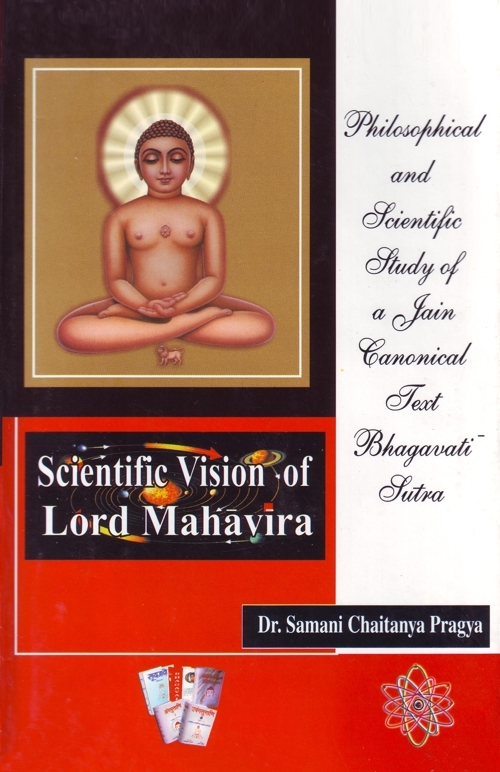The term 'Consciousness' is considered a misleading term and is very much disliked by some Metaphysicians. They consider "self-consciousness" as a psychological impossibility and strongly object to the use of the expression.
Neuroscientists also use the term consciousness in a very limited sense to specify the state of a person in which the activating programs of brain allow experiencing and thinking, that is, the state, which is diametrically opposite to unconsciousness. In saying that one is conscious, we mean that one is awake and aware and open to receiving and giving out information and the capacity to do this depends upon the operation of a system in the head, called the brain. Thus conscious experience is entirely dependent on the activity of the brain. Sleep, drugs and brain damage alter the condition of consciousness. Consciousness, therefore, is the name that is applied to the condition that is experienced. Our language is capable of describing our knowledge and our experience, but we get into serious difficulties when we try to use the language to describe the knower. And the difficulty becomes insurmountable because the 'knower' is not accepted by neuroscience as an eternal non-physical entity.
On the other hand when we consider the Theory of karma we find that the soul—the eternal, non-physical conscious substance—is the ultimate, 'knower'. Knowing and experiencing are inherent in the soul.[34] Knowledge is born or rather emerges, with or without the help of sense-organs and the mind which are only external instruments, in the different states of the soul as their spiritual counterparts. The soul could never be bereft of consciousness. Even one-sensed beings such as plants, fire, air, water and earth do possess the feeling to touch and can experience pain.[35] These beings are asaṁjñī. they do not possess brain or mind. But by suitable electronic apparatus, not only the pain but also their awareness and expression of the pain can be recorded and studied.
Thus, the Bh.S and all the other works maintain a unitary view about consciousness as essential quality of the living. Due to consciousness alone soul differs from other entities. Conscience is twofold:[36 ]knowledge and intuition. All the latter Jain thinkers whether they are Umāswāti or any one else, like the Bh.S, mean both knowledge and intuition by the term 'upayoga'. Kundakunda has used the word cetanā in the sense of 'upayoga'.[37] Akalaṅka clearly gives different meanings of these two terms. He opines that upayoga is the manifestational form of consciousness and cetanā is a capacity factor[.38]
The literature reveals some difference regarding the meaning of the term consciousness itself. To Umāswāti, it means only knowledge and intuition. Akalaṅka adds bliss and strength also saying that all living beings exhibit a group of four qualities implying bliss, strength, knowledge and intuition. The term, thus, represents the generality of attributes distinguishing the living from the non-living.
 Dr. Samani Chaitanya Pragya
Dr. Samani Chaitanya Pragya

